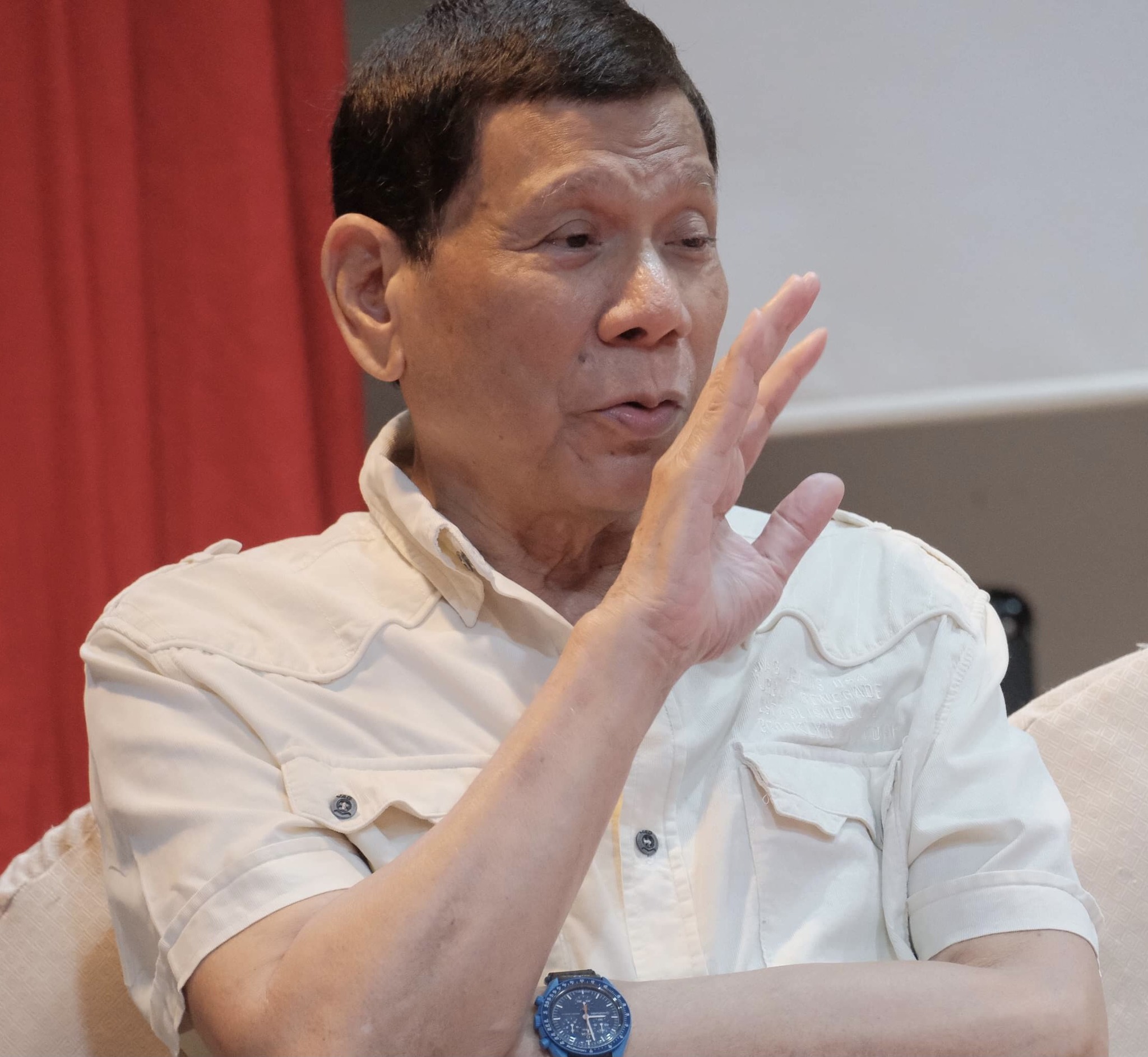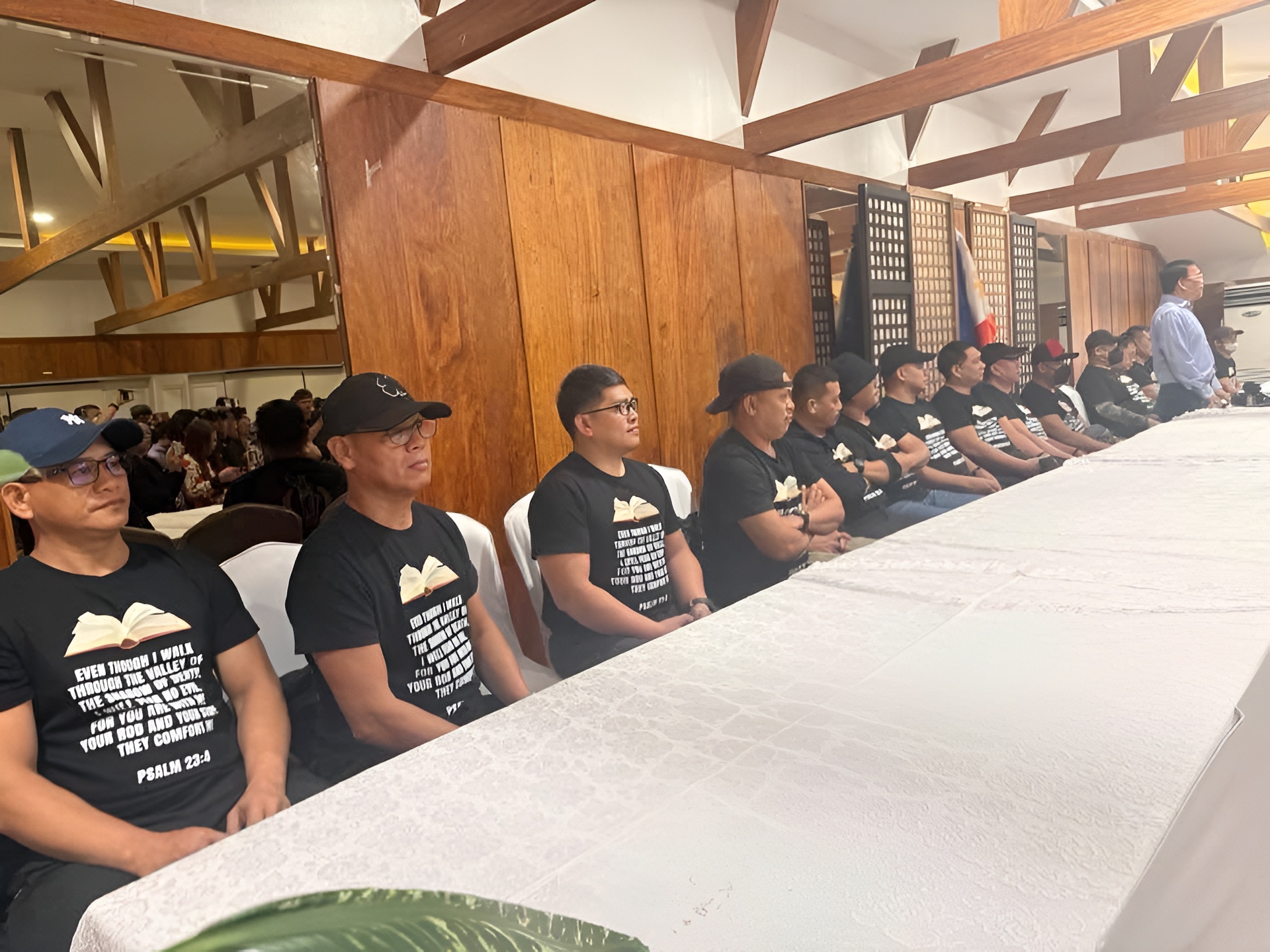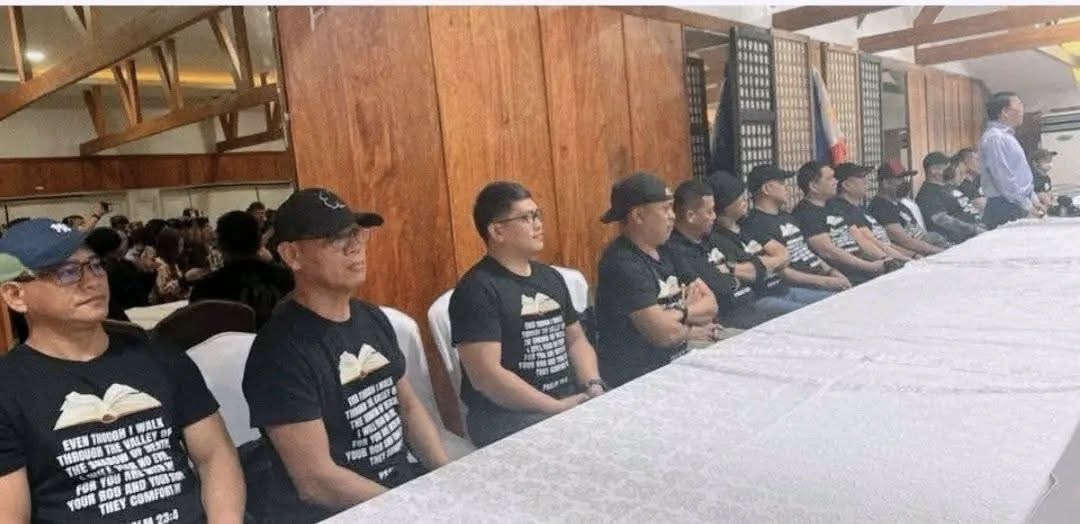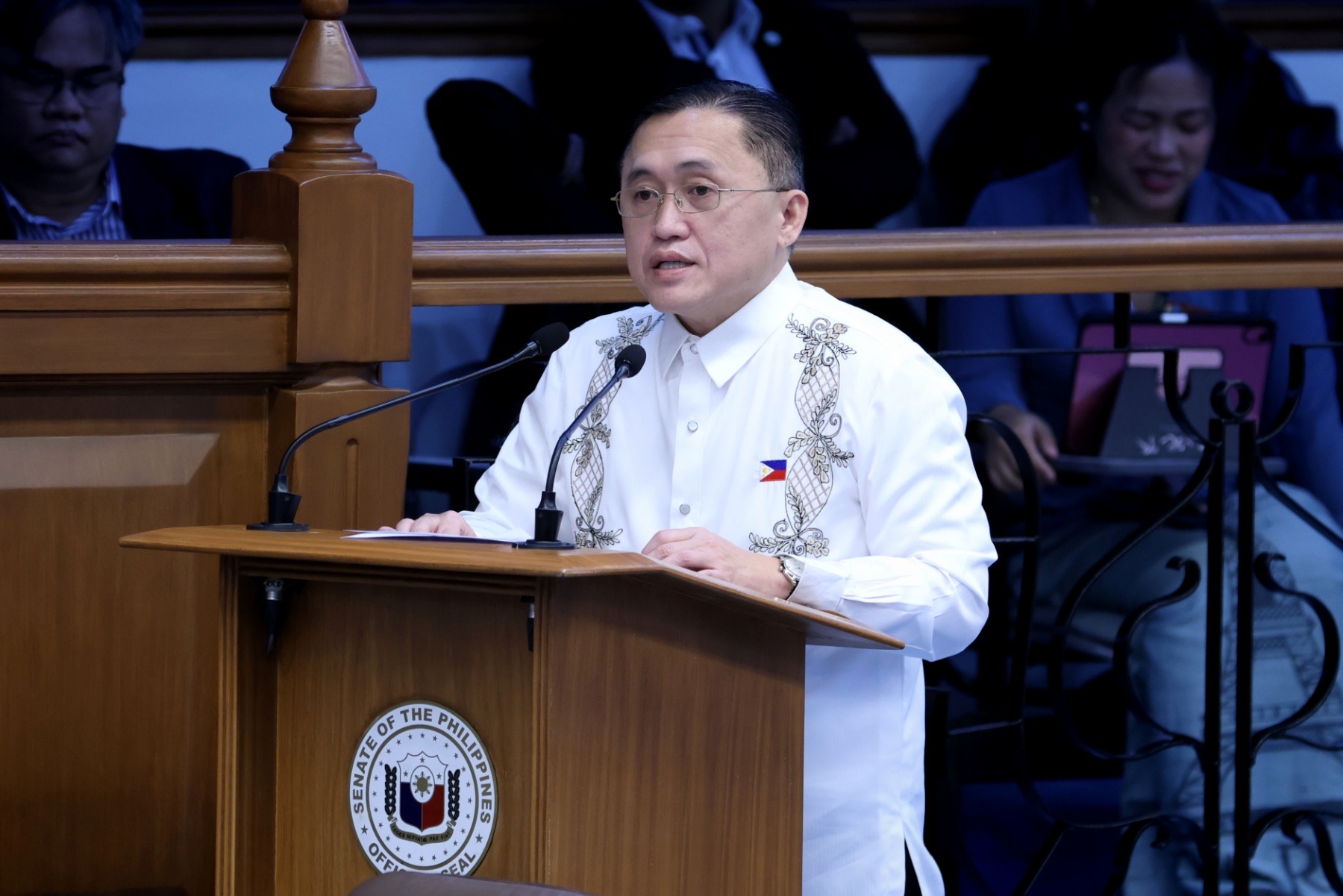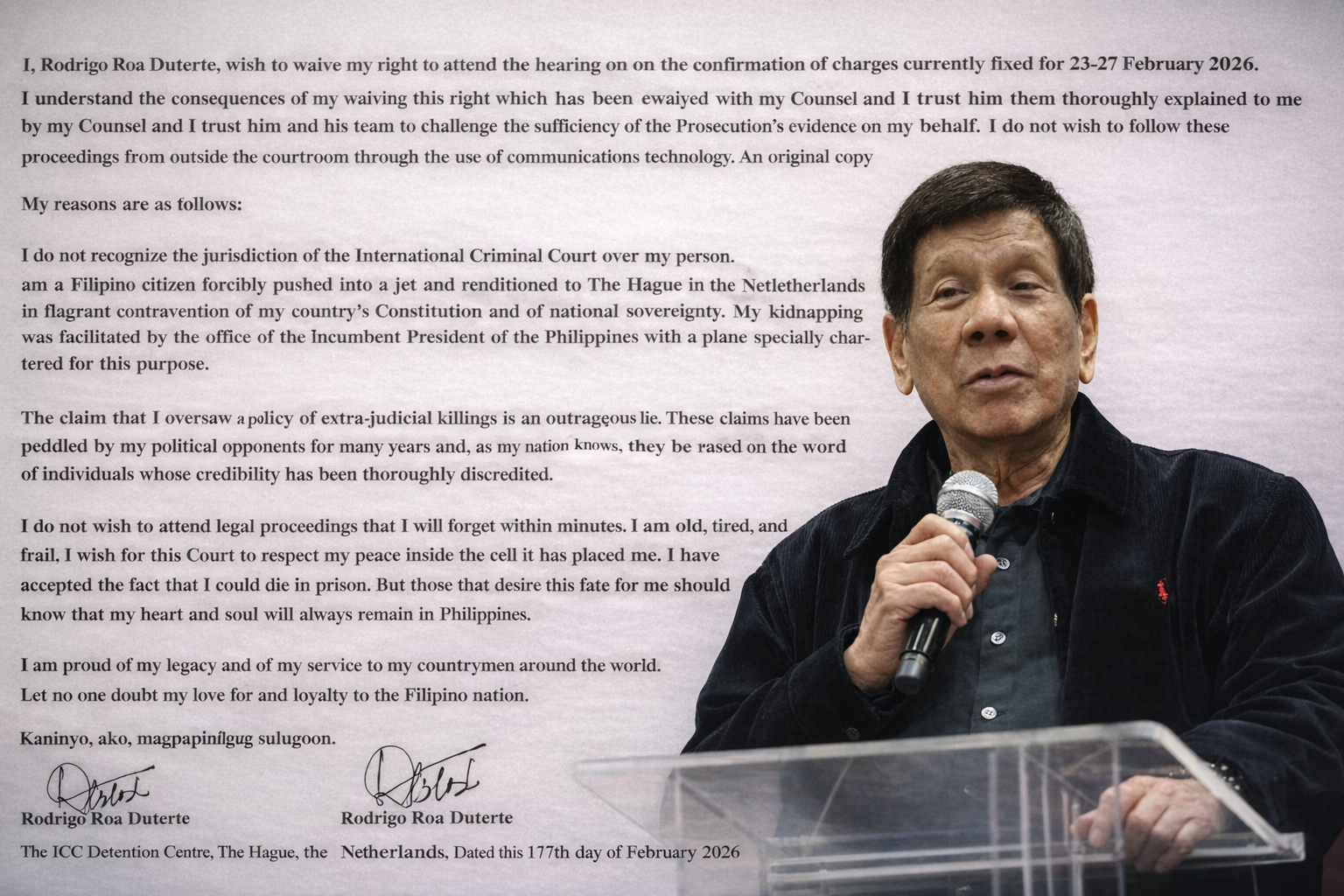They kidnapped and incarcerated former President Rodrigo R. Duterte because of alleged crime against humanity. Before he was detained the International Court of Justice read to him the charges that led to his arrest. To prove his culpability the court clearly stated that he is being held accountable for the murder of 43 persons in the course of what his detractors would describe as his “deadly war on drugs” during his incumbency as president of the country. The ICC then set the hearing of his case on September 2025 or almost seven months after his arrest.
100 days had elapsed since then but we could not reconcile the action of ICC against the basic sense of justice and the truth that the court itself manifested when it read the context of the charges against a Filipino citizen and erstwhile President of his country, who, before, during and after his arrest enjoy the highest trust and approval ratings of his fellowmen.
At this point in time, we raise the question: Does the alleged killing of 43 people in the 6-year administration of then President Duterte’s drug war constitute a crime against humanity?
The ICC prosecutors are bidding for time in an obvious efforts to ask victims of their own allegations of bloody drug war to come forward . Did they, like the plotters of Duterte’s arrest, and critics among them Leila de Lima once Chairperson of the Commission on Human Rights who later became Secretary of Justice then Senator and now a Partylist Representative, believe that indeed there were 30,000 victims by extrajudicial killings carried out by the so-called Davao Death Squad which she claimed was a creation of Duterte?
It is quite obvious that only 43 victims were identifiable and ergo listed in the charge sheet. They even failed to adopt the police official statistics of 6-thousand plus victims in the government campaign against drug syndicates proliferating in the country. They too skipped the facts that policemen involved in killings had been charged and convicted.
De Lima’s allegations cannot pass as an actionable story in court for it is an indubitable fact that she has yet to produce a single piece of evidence to support her own allegations of extrajudicial killings in Davao City. She and her probe team encamped in a posh hotel in the city for months while searching and digging for the remains of victims in an abandoned quarry but produced nothing except for some badly deteriorated skeletal remains of a person and three pairs of license plates which when presented to the Court were declared inadmissible. As to the so-called DDS, it was simply a figment of her imagination since DDS was, in truth , a phantom force conceptualized by the Integrated National Police in mid 1080s when Duterte was still a city fiscal.
These facts bring us to the present issue of the possible temporary release of former President Duterte to a country which is willing to accommodate him while the trial is still months away. It is now up to the ICC judges to grant that on the basis of their sense of collective justice and the pieces of evidence they have on hand.

